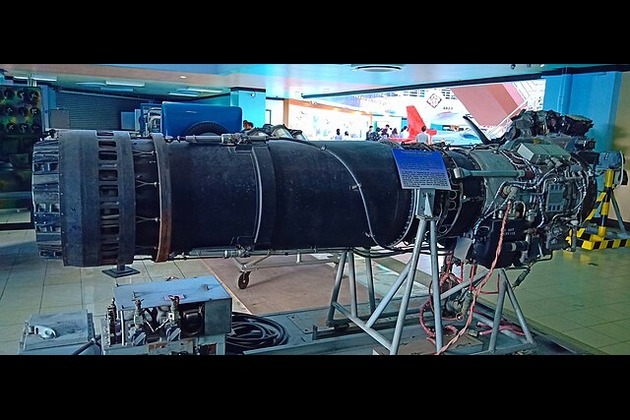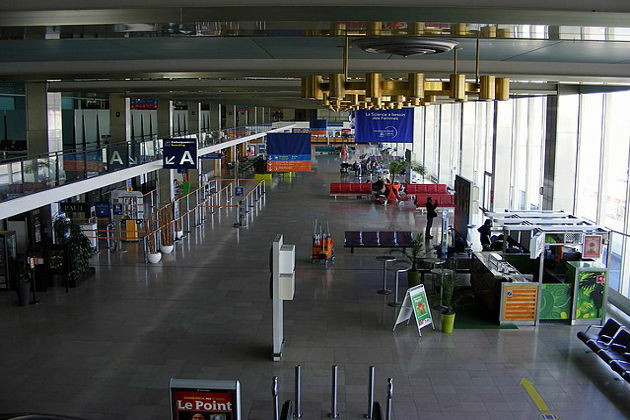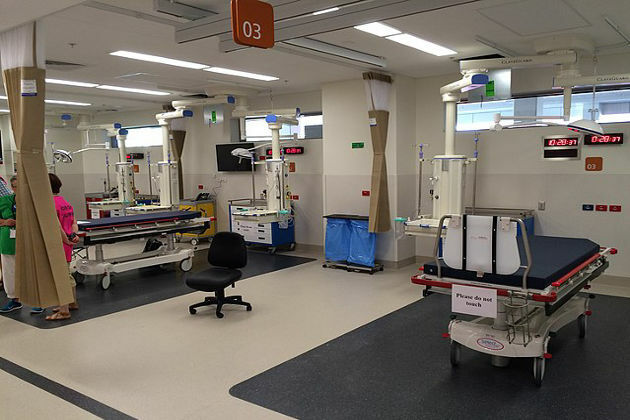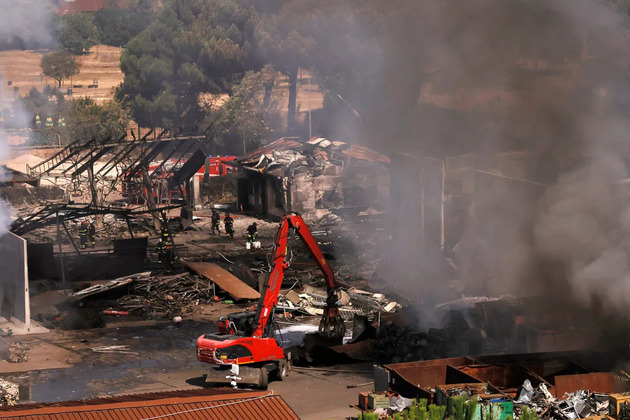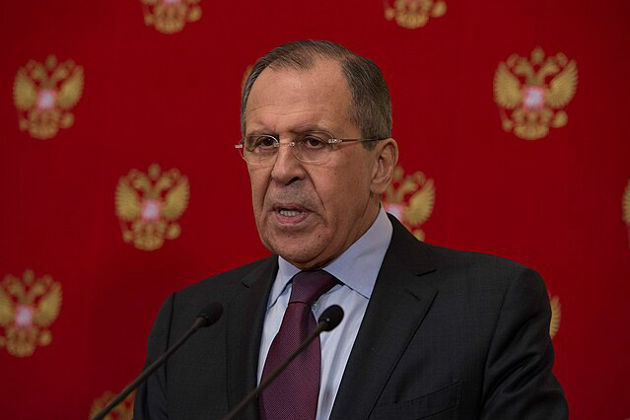When is it too late for a 'fairy tale ending' for women electing to freeze their oocytes?
PR Newswire
12 Sep 2023, 06:58 GMT+10
 |
ADELAIDE, Australia, Sept. 12, 2023 /PRNewswire/ -- Around the world, soaring numbers of women are electing to freeze their eggs to preserve their fertility, and many do so in anticipation of a "fairy tale ending" with the birth of a healthy baby.
However, a reality check is needed to manage the expectations of many women opting for social oocyte freezing as the biological clock of reproductive opportunity inevitably runs out of time.
Reproductive specialist Professor Eileen Manalo told a global medical conference in South Australia the greatest benefits of social egg freezing were for women at a younger age when their oocytes were of higher quality allowing them to become their own egg donors later in their reproductive years.
Some of the reasons women delay childbearing and seek elective egg freezing technology include a lack of a suitable partner, wanting to achieve financial security, or a desire to pursue career opportunities or other personal ambitions.
"Advances in laboratory techniques have led to remarkable improvements in the efficacy of oocyte cryopreservation, post-thaw survival, fertilisation and pregnancy rates," Professor Manalo told the 2023 Congress of the Asia Pacific Initiative on Reproduction (ASPIRE) in Adelaide.
"But the success of social oocyte freezing is influenced by the age of women at the time of the procedure. Global data indicates the majority of women who went for egg freezing were between the ages of 36 and 40 years old.
"For these women in particular there is the reality of an exponential decline in oocyte quality and quantity, referred to as ovarian reserve."
Professor Manalo from the Department of Obstetrics and Gynaecology at the University of the Philippines College of Medicine, and Assistant Secretary General of the International Federation of Fertility Societies, said a woman under the age of 35 who froze her eggs had the highest likelihood of achieving a live birth using the gametes.
"At the age of 34, a woman who has 20 mature frozen oocytes has a 90 per cent chance of a live birth, but at the age of 42 this reduces to 37 per cent," she explained.
"Similarly, a 34-year-old woman with 20 mature frozen oocytes has a 66 per cent chance of a second live birth and 38 per cent chance of a third. At the age of 42, this falls to seven per cent and one per cent respectively."
Professor Manalo said the increase in women electing to freeze their eggs to preserve fertility was staggering, yet less than 15 per cent of them utilise the oocytes for IVF treatment in the quest for a baby.
"Reasons include not wanting to start a family without a partner, refusal to use a sperm donor, and preference for natural conception," she said.
"Forty per cent of women choosing social oocyte freezing have no partner compared to just two per cent of women embarking on standard IVF.
"In fact, among younger women who electively freeze their eggs there is a reduced likelihood of utilising them and a higher chance of meeting a suitable partner and conceiving naturally.
"The vast majority of women with unutilised or excess frozen oocytes choose to donate them to medical research or other infertile women.
"The bottom line is that thorough counselling on social oocyte freezing should be done in fertility clinics to advise women on its efficacy taking into account their age and the number of oocytes stored and the full costs of treatment.
"We need to take out the fairy tale context of the treatment and help older women in particular make informed choices based on realities."
The ASPIRE Congress at the Adelaide Convention Centre attracted leading clinicians, scientists, nurses and fertility counsellors to address latest developments and advances in assisted reproduction.
 Share
Share
 Tweet
Tweet
 Share
Share
 Flip
Flip
 Email
Email
Watch latest videos
Subscribe and Follow
Get a daily dose of Sydney Sun news through our daily email, its complimentary and keeps you fully up to date with world and business news as well.
News RELEASES
Publish news of your business, community or sports group, personnel appointments, major event and more by submitting a news release to Sydney Sun.
More InformationBusiness
SectionBeijing hits back at EU with medical device import curbs
HONG KONG: China has fired back at the European Union in an escalating trade dispute by imposing new restrictions on medical device...
Wall Street reels after Trump invokes new tariffs
NEW YORK, New York - Monday's trading session saw mixed performances across U.S. and global markets, with several major indices posting...
Trump admin allows GE to restart engine sales to China’s COMAC
WASHINGTON, D.C.: The U.S. government has granted GE Aerospace permission to resume jet engine shipments to China's COMAC, a person...
Saudi Aramco plans asset sales to raise billions, say sources
DUBAI, U.A.E.: Saudi Aramco is exploring asset sales as part of a broader push to unlock capital, with gas-fired power plants among...
Russia among 4 systemic risk countries for Italian banks
MILAN, Italy: Italian regulators have flagged four non-EU countries—including Russia—as carrying systemic financial risk for domestic...
US debt limit raised, but spending bill fuels fiscal concerns
NEW YORK CITY, New York: With just weeks to spare before a potential government default, U.S. lawmakers passed a sweeping tax and spending...
International
SectionTrump defends use of 'Shylock,' citing ignorance of slur
WASHINGTON, D.C.: President Donald Trump claimed he was unaware that the term shylock is regarded as antisemitic when he used it in...
Summer travel in chaos as French air traffic controllers walk off job
PARIS, France: A strike by French air traffic controllers demanding improved working conditions caused significant disruptions during...
Congress weighs Medicaid cuts, sparking alarm in small-town hospitals
OMAHA, Nebraska: With Congress considering cuts totaling around US$1 trillion to Medicaid over the next decade, concerns are rising...
Gas station blast injures 40 in Rome, kids narrowly escape
ROME, Italy: Quick thinking by emergency responders helped prevent greater devastation after a gas station explosion in southeastern...
Weapons pause by Trump signals shift away from foreign wars
WASHINGTON, D.C.: President Donald Trump is drawing praise from his core supporters after halting key arms shipments to Ukraine, a...
Moscow removes Taliban from banned list, grants official status
MOSCOW, Russia: This week, Russia became the first country to officially recognize the Taliban as the government of Afghanistan since...



